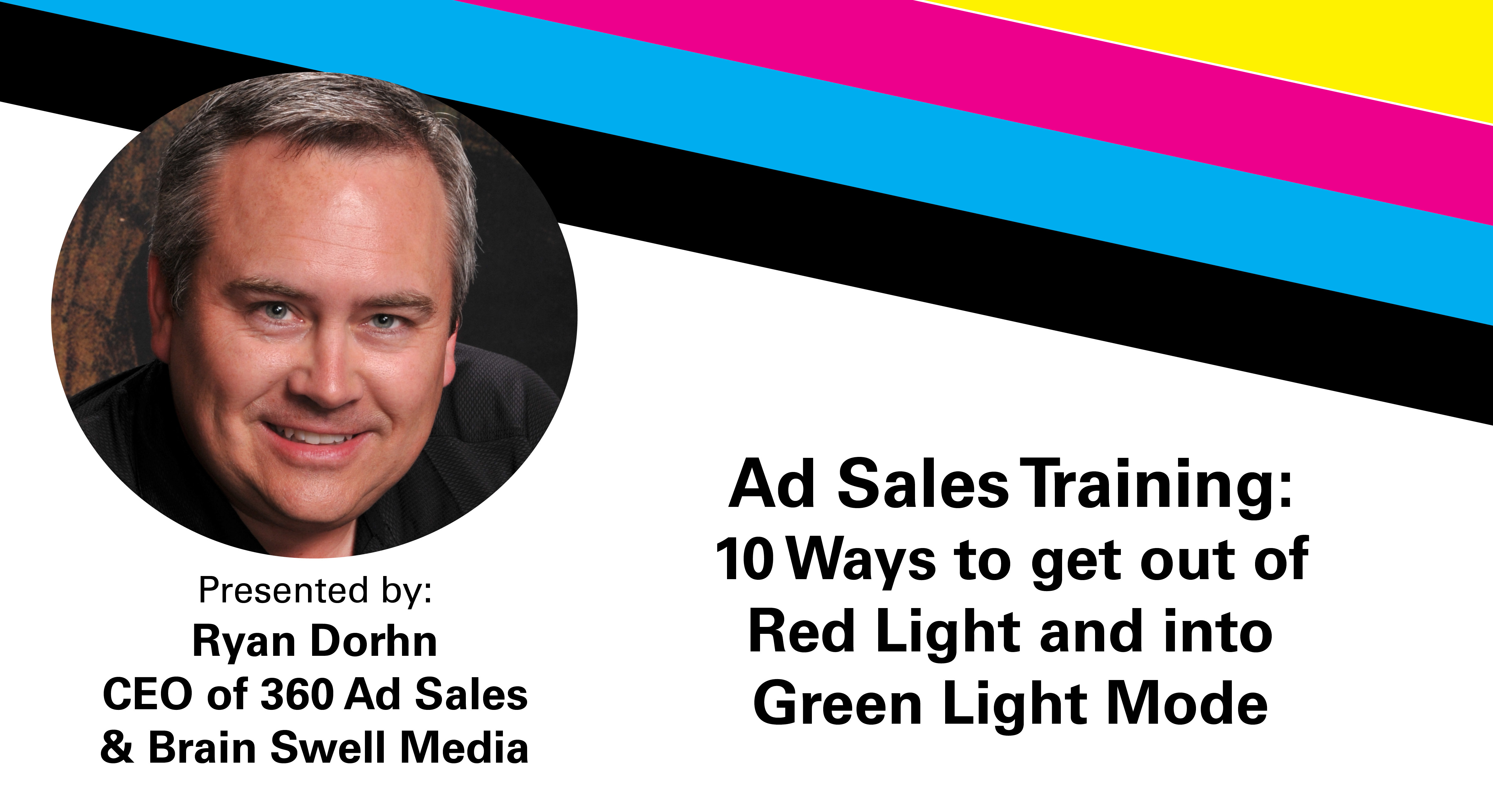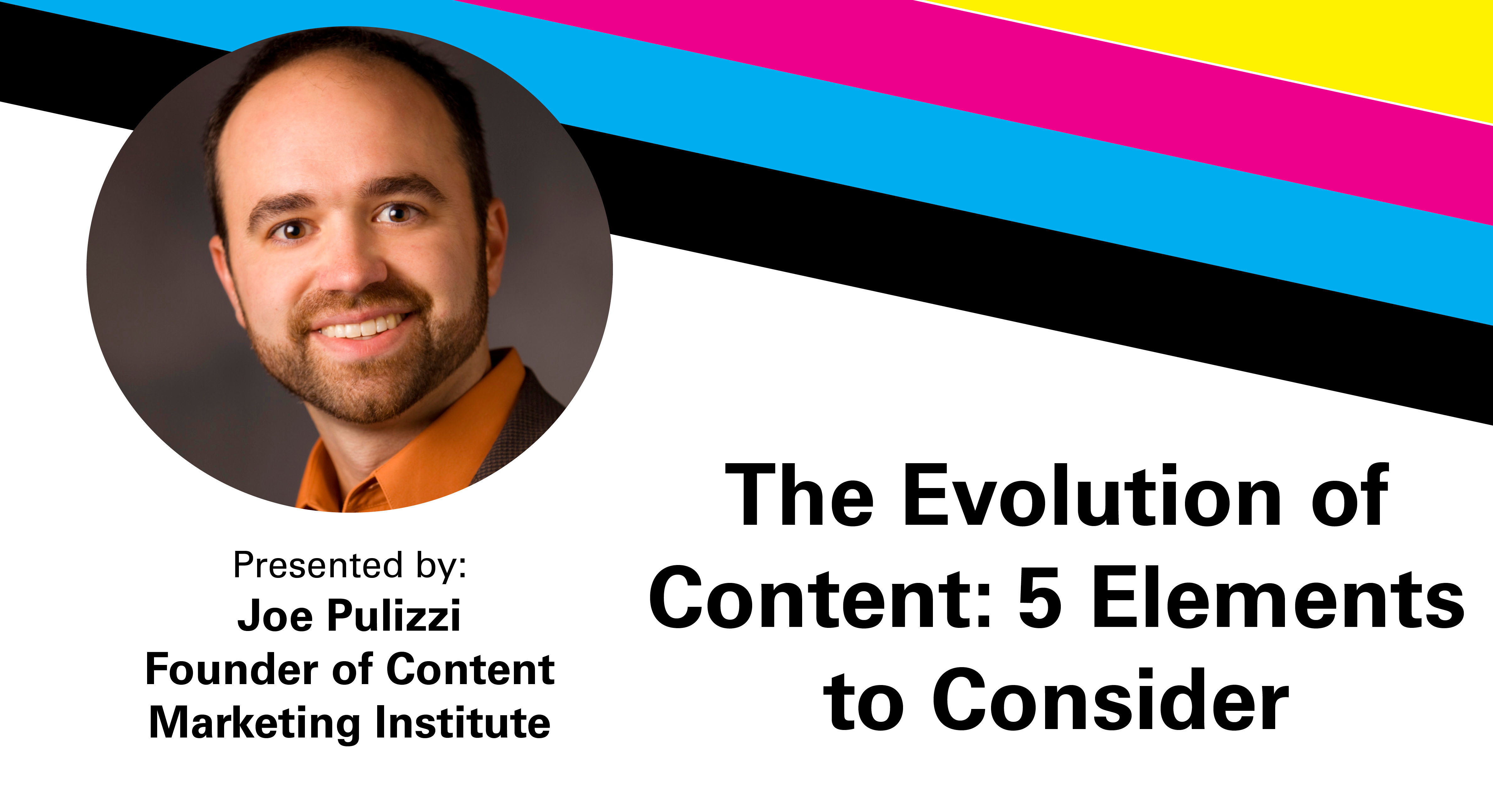It’s no secret that social media has single-handedly changed both the media and societal interaction itself. In a digital world of instant gratification, social media serves as the unfiltered platform for two-way communication, and for this reason, many small businesses embrace social media, using it as a tool to keep an ear close to their customers’ wants and values. Meanwhile, others aren’t as enthusiastic about dedicating time to social media and lack the backing necessary to create value. However, what businesses need to remember is that platforms such as Facebook aren’t simply frivolous social tools; they can also be used to generate revenue.
We touched on some social media revenue ideas in our blog Selling Social Media. Today we invited Second Street Lab insiders Matt Coen and Emily Thousand to expand on the concept of social media sales, specifically monetizing Facebook contests, in this week’s Shweiki Media webinar.
or Click here to download the audio podcast of this presentation.
Facebook Contests
An important piece of information to keep in mind is that Facebook recently changed its terms of service and no longer requires a business to use an app to power promotions on the social networking site. That said, there are now two kinds of promotions: the original, which is run through an app, and one that’s run on the page’s timeline or wall, which has the added benefit of driving engagement.
Application-Based Facebook Contest
The first type of contest, one that is application-based, has several advantages for users. One can:
-Qualify leads
-Increase engagement
-Like-gate, so the contest can be used to acquire email addresses
-Increase shares and utilize referral features
One tip when working with an application contest is to like-gate one’s contest. Like-gating one’s contest is when one makes it a prerequisite for participants to “like” the page (and sometimes enter an email address) before they can participate in the contest itself. That way, the company can gather email addresses for a personal database and/or gain likes for themselves and affiliated partners or advertisers.
Growing Likes/Engagement
A key reason why many failing social media pages struggle to engage with their audience is because their audience simply doesn’t see a benefit from any form of participation. Many business pages suffice as a marketing feed, promoting one’s products or service, with a side informational aspect of on-topic articles. If one’s information is useful, their audience might tolerate the promotional aspects for the informational trade-off. But unless one can shift the balance of power towards the audience’s favor, eventually the viewer will grow distant from the business and the page will begin to stagnate. All in all, audiences aren’t going to “like” a page to access advertisements; it’s crucial for a business to use their page to provide something the audience will actually value. That is what will gain “likes.”
Sponsored VS Agency Revenue Model
In the Facebook contest world, all contests break down into two groups: sponsored and agency-run.
A sponsored contest is one that runs on one’s own Facebook platform and is generally used when one is either trying to promote their own business or boost numbers for a sponsor who might have a smaller audience than one’s own.
An agency model contest is alternatively based solely on the advertiser’s needs. They are run on the client’s page and meant to satisfy the client’s goals. In an agency model structure, one acts more as a driving force than an equal partner. One might partner up with the client to run sponsored posts on one’s own page or boost their growth through other avenues, but there is no agenda to enhance one’s own brand.
Social Media Drivers
Of course, without an audience, one will always be limited in terms of participation. It’s for this reason that one should build a third-person “driver” campaign. A driver is a media outlet that drives an unknowing audience towards one’s page.
Some driver outlets to consider are print ads, email marketing, and online web banner ads. Although the most beneficial attribute of social media is its price (free!), investing in outside mediums designed to drive viewers back towards one’s page is a highly efficient way to kill two birds with one stone (branding one’s business in outlets outside of their own, and encouraging participation in one’s contests). As one’s audience continues to grow, one could eventually develop into a driver themselves, and charge for a service they debated purchasing only a short while ago.





